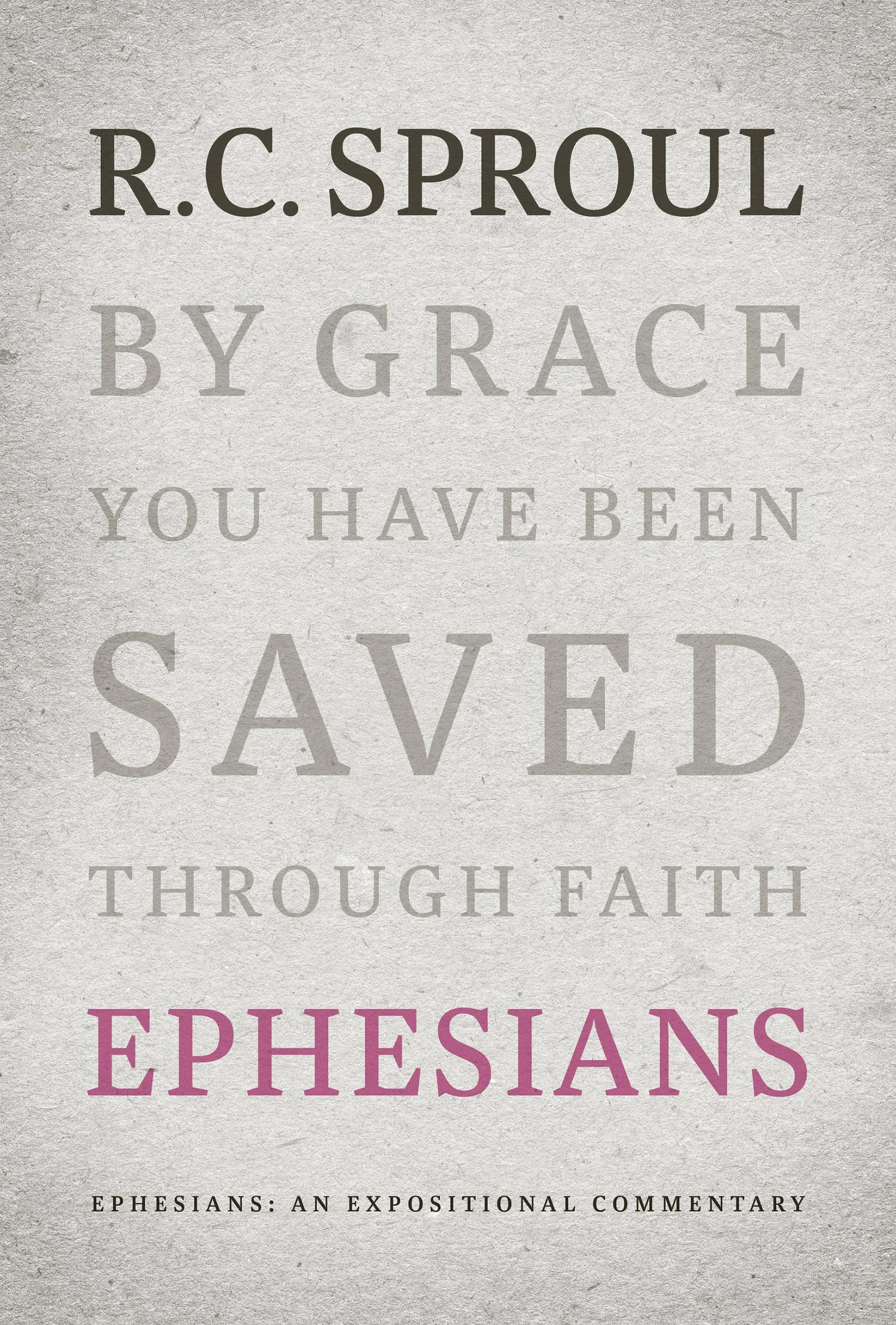Breaking Down the Dividing Wall

G.C. Berkouwer, my professor in the Netherlands, once said, “Gentlemen, the essence of Christian theology is grace, and the essence of Christian ethics is gratitude.” Somehow that pithy little statement has stayed with me, and I have come back to it again and again. We are not supposed to be motivated to godliness by fear of the consequences of breaking the law; rather, we ought to be motivated by gratitude. Remember, Jesus said that the one who has been forgiven much loves much.
In the Old Testament, the root concept of apostasy was the idea of forgetting. As long as God’s redemption was clear and fresh in the experience of the people, they were zealous in their worship and obedience. As the memory of God’s blessing faded, however, their zeal began to fade as well. It is this link between memory and the motivating power of gratitude that produces the fruit of righteousness. Paul is reminding these gentile converts that they are not to take for granted what God has done in them saying:
Therefore remember that at one time you Gentiles in the flesh, called “the uncircumcision” by what is called the circumcision, which is made in the flesh by hands—remember that you were at that time separated from Christ, alienated from the commonwealth of Israel and strangers to the covenants of promise, having no hope and without God in the world. (Eph. 2:11–12)
This is a reference to the Old Testament ritual of circumcision that involved the cutting of the foreskin of the flesh from the male Jew. It was a theological sign, a sacred rite that was undertaken to seal the covenant that God had made with His people. There is a sense that the circumcised were those who were cut off from the world, set apart, and consecrated to the special relationship of being in the family of God.
Those who were outside this covenant of grace that God had made with Abraham were referred to as “the uncircumcised.” Remember how David was outraged and horrified that his people would do nothing in the face of the mockery of Goliath (1 Sam. 17:36)? What incensed David was that the challenge to the soldiers of Israel was coming from one who was uncircumcised, someone who was outside the sphere of God’s redemptive favor.
The mark of gentile Christians is not circumcision but uncircumcision. They were once alienated from the commonwealth of Israel and strangers to the covenants of promise. The covenant of redemption is not their historic portion. They were separated from Christ, and therefore they had no hope and were without God in the world. “But now in Christ Jesus you who once were far off have been brought near by the blood of Christ” (Eph. 2:13). Here Paul unveils a mystery: the inclusion of the gentiles in the covenant of grace in the New Testament community.
Despite the past status of the gentiles, Christ has made the perfect sacrifice, entered the heavenly sanctuary, and now allows those of us who were strangers to the covenant, aliens, and foreigners to the covenant of grace to be full participants in His kingdom.
Paul uses a spatial image to describe the difference. In the past we were far off, but now we have been brought near, and the means by which we have been brought near is the blood of Christ. The sacrifice that breaks down the wall of partition has been poured out.
The wall that separates us both—that is, Jew and gentile—has been broken down, and Christ has made one people in His body, the church.
In the book of Romans, Paul concludes that the result of justification is that “we have peace with God” and access into His presence (Rom. 5:1–2). Now he’s expanding on that in Ephesians 2:14–18, saying that the peace won by Christ in His atonement is not simply the peace that we have with God but also the peace that we can have with each other—and particularly, the peace that ends the estrangement between Jew and gentile: “For he himself is our peace, who has made us both one and has broken down in his flesh the dividing wall of hostility” (Eph. 2:14).
The wall that separates us both—that is, Jew and gentile—has been broken down, and Christ has made one people in His body, the church. That’s the mystery that Paul is celebrating, that God in Christ has won peace for both the Jew and the gentile. This peace is with each other and with God.
Paul has in view here the temple of Israel. In the temple, there were areas that had their specific function. The heart of the temple was the Most Holy Place, where the throne of God was established and where the atonement was made on the Day of Atonement, once a year. The only human being who ever dared to enter the Most Holy Place was the high priest, and he did so only once a year after rigorous cleansing rites. Outside the Most Holy Place was the Holy Place, which the priests and Levites could enter. Ordinary believers could enter the court. They could come that far and no farther.
The dividing wall of hostility does not refer to the curtain that separated the Most Holy Place from the Holy Place. It is true that at the moment of the atonement by Christ on the cross, the curtain that forbade access into the presence of God was removed once and for all. Paul, however, is referring to another barrier, the one that separated the Jew and the gentile. The gentiles could come into the outer court and no farther, for a wall of partition separated gentiles from those who were full members in the covenant.
When Paul says that this was done “by abolishing the law of commandments expressed in ordinances, that he might create in himself one new man in place of the two, so making peace,” this does not mean that Jesus Christ has destroyed the law of commandments; rather, He performed in Himself all the requirements that had to be fulfilled for us to be reconciled to God (Eph. 2:15). The reason that we were estranged from God is that He is too holy to look on our iniquity. We have violated God’s law, and God has no fellowship with breakers of His law. We were estranged from Him, and there was no peace until the great armistice day of Calvary, when Jesus took on Himself the wrath of the Father. Christ won for us the rewards that were part of that covenant made with His people. At that point, God offered a peace treaty to everyone who would put his trust in Christ.


